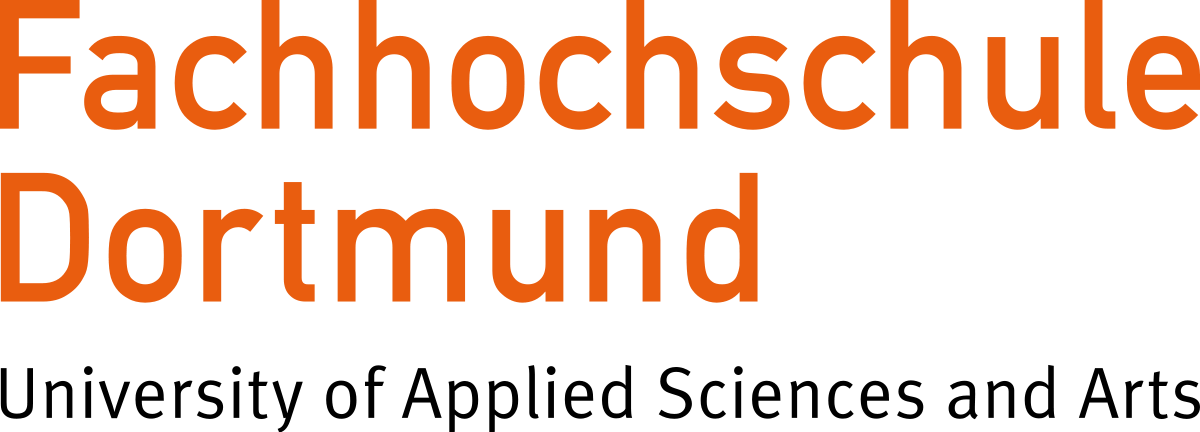GenoMobil – Cooperatives as a form of organisation for a social-ecological transformation of integrated mobility
About the project
Focal points:
- What can a business model of a mobility cooperative look like?
- How can psychological barriers be reduced through participatory organised cooperatives?
- Through which social activation measures can acceptance for multimodal mobility be promoted?
- How can the cooperative concept be transferred to other contexts?
- How do mobility cooperatives affect the design of transport systems?
- How does car ownership develop in the long term and are there effects for different target groups?
- What influence do attitudes and mobility cultures have on the choice of means of transport?
A central contribution of the project is the holistic consideration of governance issues. A cooperative combines private-sector demand-side management with the pursuit of community goals through an integrated mobility concept from the hands of one actor. This represents a fundamentally different governance model than the cooperation of profit-oriented mobility companies.
In the first work steps, the economic and organisational prerequisites of a mobility cooperative are examined, the transport and spatial science perspective on local conditions is discussed, and a needs analysis on mobility use in the target groups is conducted.
Taking these findings into account, the foundation of a mobility cooperative is explored as a business game within the framework of a real simulation. In a series of real experiments, different aspects and processes of initiating and operating a mobility cooperative are simulated with members of the RUB and employees on the technology and knowledge campus Mark 51°7. In a real experiment, the approach of social activation is transferred to the organisational form of a mobility cooperative at a university. Furthermore, the decision-making and voting processes during the founding of a cooperative as well as the use of mobility cooperative offers will be simulated in real experiments using real vehicles.
Subsequently, the results will be evaluated, the transferability to other places and contexts will be examined, among other things using an agent-based model, and a guideline for action for the founding of a mobility cooperative will be created. All work steps are flanked by a concept for cognitive knowledge integration.
The results of the project should not only be usable in this specific context, but also support actors in other contexts in founding a mobility cooperative to improve local conditions with the help of an action guideline. The real-life simulation of a mobility cooperative should open up new perspectives for a socio-ecological transformation of mobility in the Ruhr region and elsewhere.
Project duration
January 2021
December 2023
Project partner

Ruhr-Universität Bochum
Prof. Dr. Michael Roos
Tel.: 0234 / 32 - 22886
E-Mail: michael.roos@rub.de


